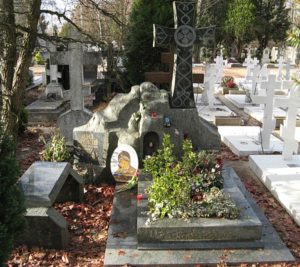Andrei Tarkovsky Personality Type
Russian filmmaker (1932–1986)
Andrei Arsenyevich Tarkovsky (Russian: Андрей Арсеньевич Тарковский, IPA: [ɐnˈdrʲej ɐrˈsʲenʲjɪvʲɪtɕ tɐrˈkofskʲɪj]; 4 April 1932 – 29 December 1986) was a Soviet Russian film director, screenwriter, and film theorist. Widely considered one of the greatest and most influential filmmakers of all time, his films explore spiritual and metaphysical themes, and are noted for their slow pacing and long takes, dreamlike visual imagery, and preoccupation with nature and memory.Tarkovsky studied film at Moscow's VGIK under filmmaker Mikhail Romm, and subsequently directed his first five features in the Soviet Union: Ivan's Childhood (1962), Andrei Rublev (1966), Solaris (1972), Mirror (1975), and Stalker (1979). A number of his films from this period are ranked among the best films ever made. After years of creative conflict with state film authorities, Tarkovsky left the country in 1979 and made his final two films abroad; Nostalghia (1983) and The Sacrifice (1986) were produced in Italy and Sweden respectively. In 1986, he also published a book about cinema and art entitled Sculpting in Time. He died of cancer later that year. There is still debate if the cancer was caused by the locations used during the filming of Stalker.Tarkovsky was the recipient of several awards at the Cannes Film Festival throughout his career (including the FIPRESCI prize, the Prize of the Ecumenical Jury, and the Grand Prix Spécial du Jury) and winner of the Golden Lion award at the Venice Film Festival for his debut film Ivan's Childhood. In 1990, he was posthumously awarded the Soviet Union's prestigious Lenin Prize. Three of his films—Andrei Rublev, Mirror, and Stalker—featured in Sight & Sound's 2012 poll of the 100 greatest films of all time.

